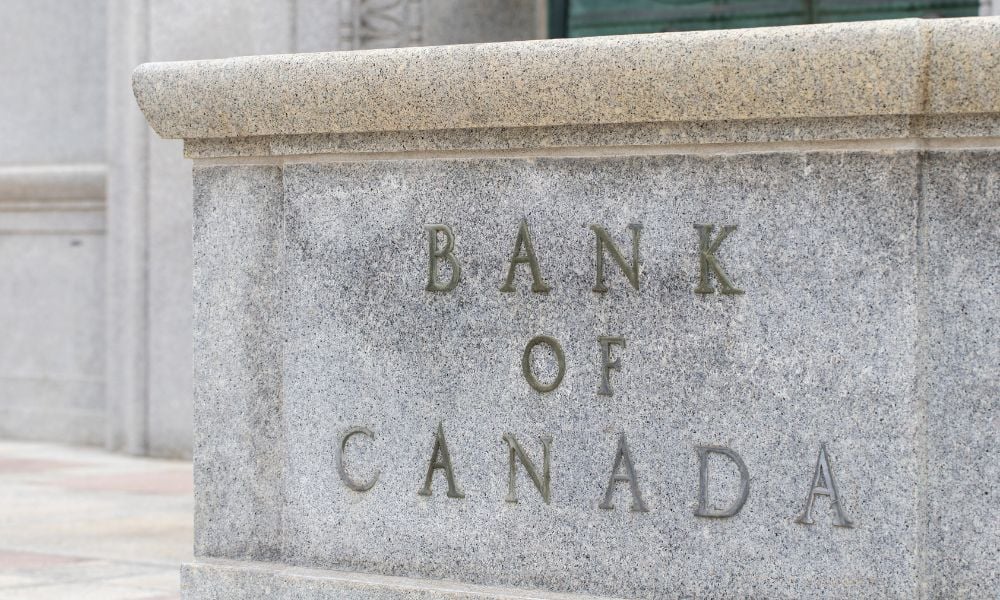Announcement comes after unexpected decline in inflation

The Bank of Canada has decided to leave its policy rate at 2.75 per cent after slashing it by a quarter point in March.
This move comes after StatCan announced yesterday that inflation had eased to 2.3 per cent last month due to lower gas prices and decreased travel into the US.
The announcement reflected a cautionary tone from the central bank as it attempts to find a balance between addressing the growing pressures of US President Donald Trump’s tariff policy on the Canadian economy and an inflation rate that has cooled, though is likely to rise again in the coming months, according to the BoC.
“The major shift in direction of US trade policy and the unpredictability of tariffs have increased uncertainty, diminished prospects for economic growth, and raised inflation expectations,” the April 16 announcement read. “Pervasive uncertainty makes it unusually challenging to project GDP growth and inflation in Canada and globally.”
BoC governer Tiff Macklem also pointed to the global impact of Trump's trade policies as a factor behind the BoC's decision to employ a cautionary stance amid market uncertainty.
“The dramatic protectionist shift in U.S. trade policy and the chaotic delivery have increased uncertainty, roiled financial markets, diminished global growth prospects and raised inflation expectations,” he said at a press conference. “The future is no clearer. We still do not know what tariffs will be imposed, whether they’ll be reduced or escalated, or how long all of this will last.”
The BoC said Trump’s erratic tariff policies have caused Canadian businesses to pause investment, while further losses in the labour market are expected in the coming months.
Macklem laid out two possible scenarios for the Canadian economy in the coming year. He said Canadian growth could weaken and inflation could remain around the two per cent mark, an outlook which would be challenging but reversable in the long term. But he also warned a recession with a three per cent or higher inflation rate going into next year is a distinct possibility, a scenario which would have deep and long-lasting impacts on the Canadian economy.
“In Canada, the economy is slowing as tariff announcements and uncertainty pull down consumer and business confidence. Consumption, residential investment and business spending all look to have weakened in the first quarter,” the announcement read. “Trade tensions are also disrupting recovery in the labour market. Employment declined in March and businesses are reporting plans to slow their hiring. Wage growth continues to show signs of moderation.”



